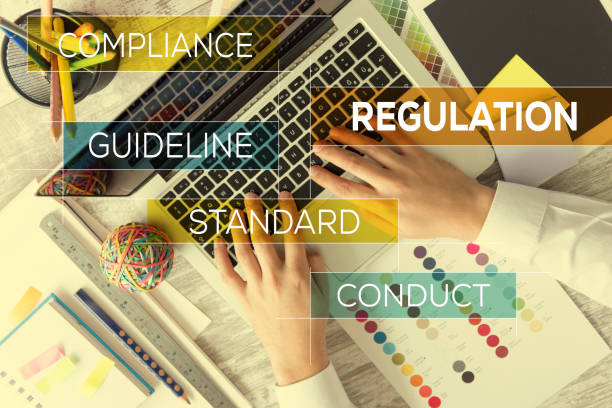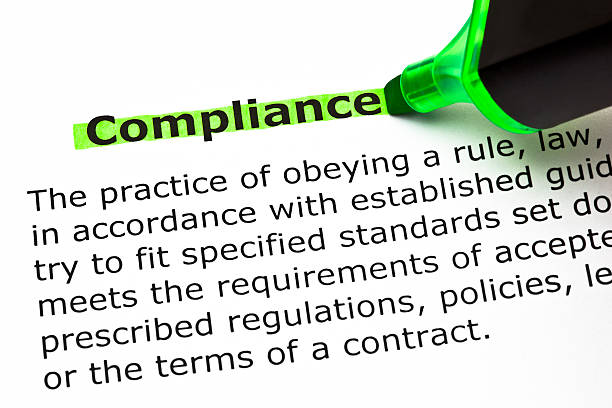
Integrity and adherence to ethical standards are paramount in academic research. At eContent Pro, we recognize the significance of maintaining the highest ethical standards in research.
In this blog post, we aim to shed light on an often-misunderstood distinction – the difference between research ethics and research compliance. Understanding these concepts is crucial for researchers, institutions, and editorial service providers alike as we collectively work to uphold the integrity of scholarly endeavors.

What is Research Ethics?
Research ethics encompasses the moral principles that guide researchers in the conduct of their studies. It involves the responsible and honest pursuit of knowledge, ensuring that research is conducted with integrity, transparency, and respect for the rights and well-being of participants. Key components of research ethics include:
- Informed Consent: Researchers must obtain voluntary and informed consent from study participants, outlining the purpose, procedures, and potential risks of the research.
- Confidentiality: Researchers must protect the privacy of participants by safeguarding confidential information and ensuring that data is anonymized when possible.
- Objectivity and Impartiality: Researchers should maintain objectivity and impartiality throughout the research process, avoiding bias and conflicts of interest.
- Integrity in Reporting: The findings and results of research should be reported accurately and honestly, without manipulation or selective reporting.
- Respect for Participants: Researchers must treat participants with respect, recognizing their autonomy, dignity, and rights throughout the research process.


What is Research Compliance?
Research compliance, on the other hand, refers to the adherence to laws, regulations, and institutional policies governing research activities. While research ethics focuses on the moral and philosophical aspects of research, compliance addresses the legal and regulatory frameworks within which research operates. Key components of research compliance include:
- Regulatory Requirements: Compliance involves adherence to local, national, and international laws and regulations governing research, such as those related to human subjects, animal welfare, and data protection.
- Institutional Policies: Researchers must comply with the policies and guidelines established by their institutions to ensure ethical conduct and compliance with external regulations.
- Grant and Funding Requirements: Compliance with the terms and conditions of grants and funding sources is crucial. This includes adhering to specific research protocols, reporting requirements, and budgetary guidelines.
- Safety and Security Measures: Depending on the nature of the research, compliance may involve implementing safety and security measures to protect researchers, participants, and the broader community.
- Ethical Review Boards: Many institutions have ethical review boards or institutional review boards (IRBs) responsible for evaluating and approving research protocols to ensure they meet ethical and regulatory standards.
Final Thoughts
While research ethics and compliance share a common goal of ensuring the responsible conduct of research, it is essential to recognize the distinctions between these concepts. At eContent Pro, we are committed to supporting researchers in upholding both ethical principles and compliance requirements throughout their scholarly journeys. By maintaining a clear understanding of research ethics and compliance, researchers can contribute to the advancement of knowledge with integrity, transparency, and a commitment to ethical conduct.

About eContent Pro
Based in Hershey, Pennsylvania, USA, eContent Pro offers high-quality end-to-end editorial and publishing services, ensuring seamless workflows through the eContent Pro Business Enterprise Management System (BEMS), fast turnaround times, competitive pricing, and exceptional customer service. Since 1994, we have supported commercial publishers, university/library presses, organizations, and societies by streamlining their publishing workflow with innovative publishing solutions.

